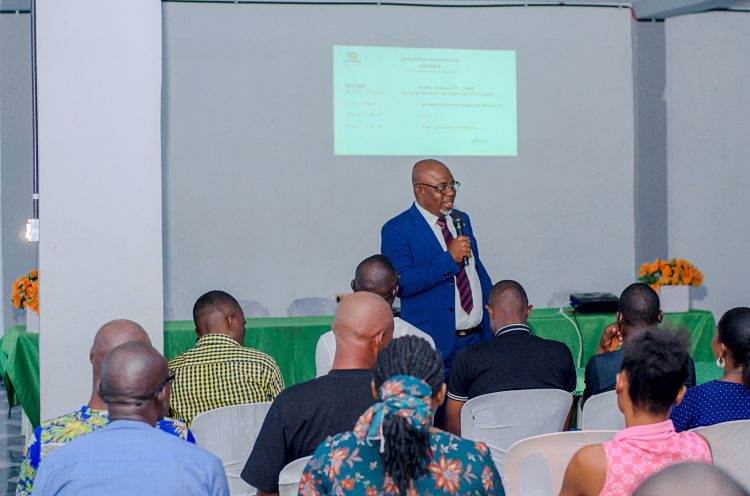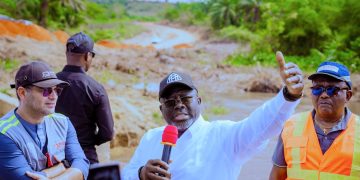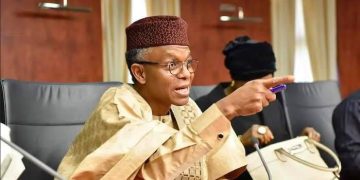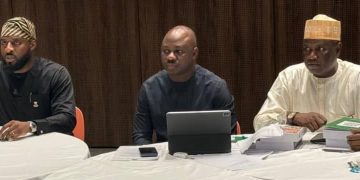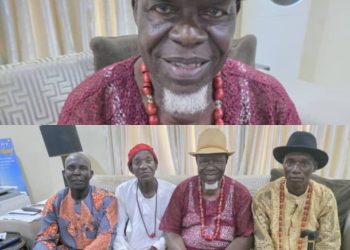The Nigerian Content Development and Monitoring Board (NCDMB) has commenced a five-day capacity-building programme on Disaster Risk Reduction (DRR) for communities across Delta State.
The training, facilitated by Ocean Whales Consult Limited, began on Monday, October 13, 2025, and will climax on Friday, October 17, 2025, at Xandria Place, Udu Local Government Area.
A total of 160 participants drawn from eight oil-producing communities in Delta State are taking part in the programme aimed at strengthening grassroots capacity to prevent and respond to disasters.


Declaring the training open, Mr Izunna Emecheta Lawrence, Managing Director/Chief Executive Officer of Ocean Whales Consult Limited, described the initiative as “an urgent and strategic intervention” in the face of growing environmental challenges in the Niger Delta.
“In recent years, our nation, especially the Niger Delta region, has faced increasing threats from flooding, erosion, oil spills, and other environmental hazards that disrupt livelihoods and endanger lives,” Lawrence said.
“While disasters may be natural, their impact is largely determined by how prepared we are. That is why we are here — to shift from reactive responses to proactive resilience.”

He explained that the programme, supported by the NCDMB, is designed to equip participants with practical knowledge, tools, and strategies for risk prevention, early warning, emergency response, and post-disaster recovery.
“We are not here to teach theory; we are here to build champions of safety and resilience,” he added, urging participants to take the knowledge back to their communities.
The lead resource person, Dr Austin Anyaogu, said the programme seeks to promote awareness and develop a culture of prevention and self-sustainability in disaster management.


“We want people to develop resilience and reduce vulnerability to hazards,” he said. “Nigeria is still far from global benchmarks in disaster risk management, but with continuous training and community participation, we can move closer to becoming a disaster-free nation.”
Dr Anyaogu also called for increased government investment in disaster risk reduction, stressing the need for strong policies and collaborative strategies to protect lives and property.
The training draws from global best practices, including the Sendai Framework for Disaster Risk Reduction (2015–2030).
It covers modules on Hazard identification and risk assessment, Preparedness planning and early warning systems, Emergency response and coordination, Recovery, rehabilitation, and reconstruction, Community-based DRR approaches, Climate change adaptation and resilience building and Policy, governance, and institutional frameworks.




